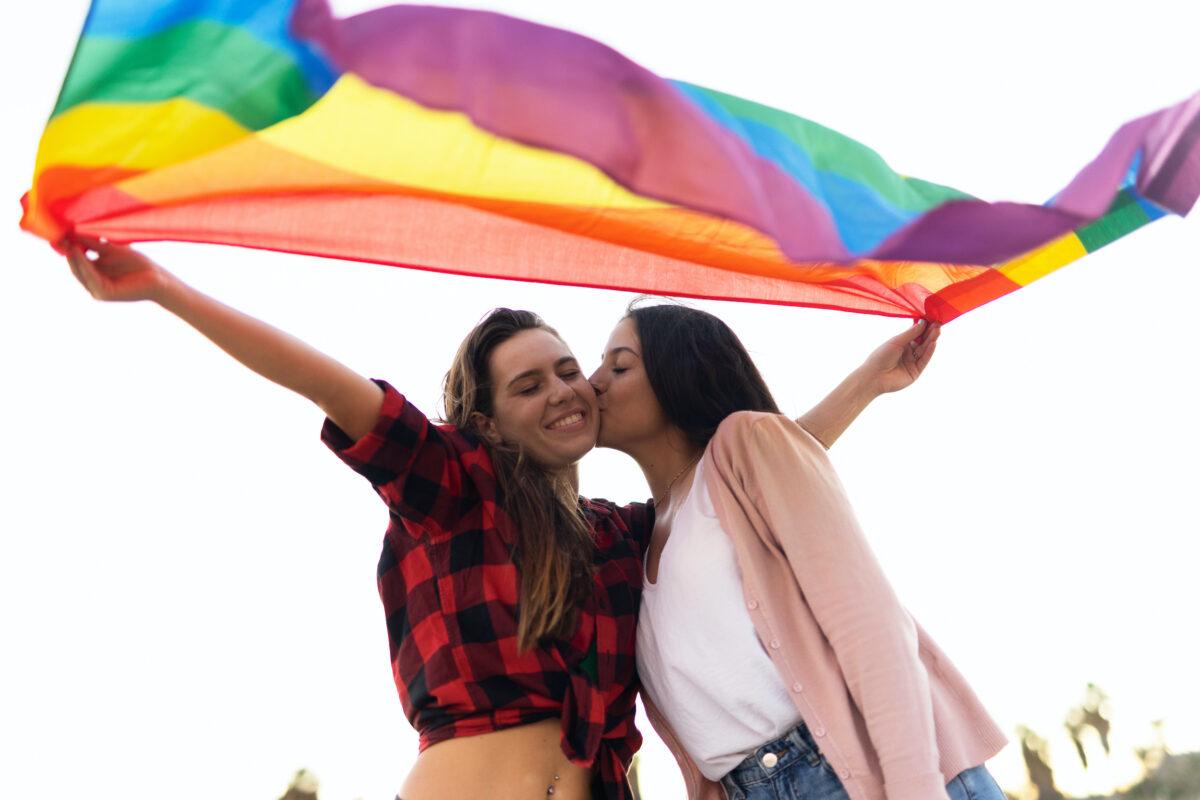During my studies, I formulated supplements to CVs of trans people who wanted to change their name and gender under the absolutely outdated Transsexuals Act for an evaluator. The work has sensitized me and I have also personally become more concerned with how I myself can adapt my behavior and language so as not to offend people. That’s one of the reasons, among others, why I try to gender consistently, why I prefer to write “people” rather than “men and women.” And why I’m writing a little bit about traveling as a queer person in this Insight.
A little disclaimer at the beginning: I’m not queer myself, and I’m roughly summarizing here what I’ve read and heard on the topic. If you want to read deeper, I recommend listening to queer people. That means following them on Instagram, reading testimonials and blogs, or expert interviews like this (german only) one from FairAway.
And one more thing: If you’re wondering what this has to do with sustainable travel, I can tell you: quite a lot. Because sustainability also includes a social dimension, and this in turn includes respecting and upholding human rights.
Traveling as an LGBTQI+ person
LGBTQI+ stands for lesbian, gay, bi, trans, queer, intersex. The plus indicates that there are other identities and orientations, for example pansexual or asexual.
Worldwide, the situation for LGBTQI+ travelers is very different. Equality in some countries, relatively free places and queer-friendly locations in difficult places elsewhere, and to this day prison or even the death penalty in some states. None of this makes traveling as a queer person any easier, and if, like me, you don’t have to worry about that, then you get to rejoice in your enormous privilege for once.
Beyond that, for some people it is even more difficult. This is where the so-called passing comes into play, which describes how you are perceived by other people. Are you considered a trans man or do you pass as male?
The respective legal basis often helps with the first orientation: For example, are same-sex relationships or acts punishable? Even we as cis travelers may consider here whether we want to support the economy in countries that do not recognize trans people and where queer couples face jail if they hold hands in public.
LGBTQI+ friendly destinations.
If we want to make such a values-based travel decision, we need to get informed. A good place to start is the so-called Gay Travel Index or the Rainbow Europe Index. Canada and Malta are currently at the top of the list.
Initiatives such as the pink pillow collection are also a good point of reference. Here, hotels and accommodations are presented that are expressly committed to equal rights for all people. Certified sustainable hotels should also assume that all people are welcome and treated with respect. After all, they too are committed to protecting human rights.





